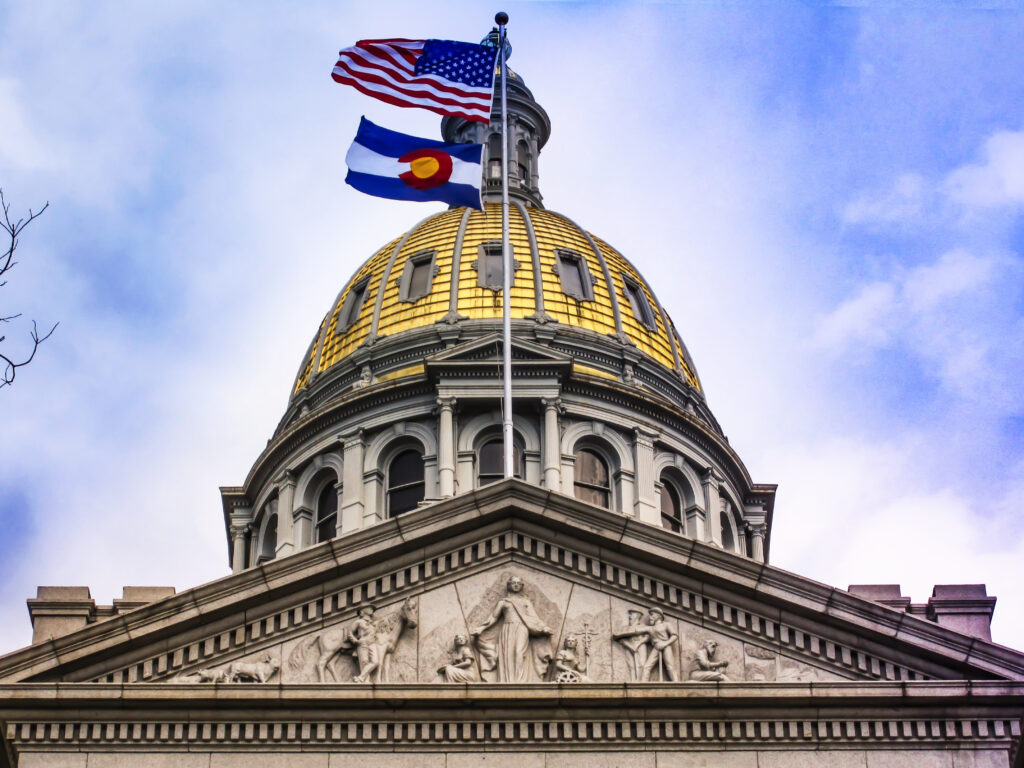Marie Stopes International Suspends Abortion after Unannounced Inspection Yields Safety Concerns

Late Friday, it was announced that leading United Kingdom abortion agency Marie Stopes International will suspend a significant percent of abortion procedures following a surprise inspection by the Care Quality Commission (CQC), the independent regulator of health and social care in England.
The CQC and the National Health Service (NHS) announced that the abortion agency must suspend surgical abortion procedures for certain groups of women after a CQC regulator raised concerns regarding “the provider’s corporate and clinical governance arrangements and patient safety protocols in specific areas.”
Following the surprise inspection, Marie Stopes had suspended abortion for women under the age of 18 as well as “vulnerable groups of women.” Additional suspensions have occurred for abortions under general anesthetic or conscious sedation as well as all surgical abortions in their Norwich abortion clinic.
The UK’s The Telegraph newspaper reports that staff competence was a primary reason for the CQC’s concerns. According to The Telegraph, “The CQC said it could not be sure that staff had adequate levels of training and competence to administer sedatives and general anaesthetic. It also said it had immediate concerns about issues of consent.”
The government has also informed Marie Stopes International that they will not be given approval for more clinics until the CQC is satisfied that its concerns have been fully addressed. National medical director at NHS England, Prof. Sir Bruce Keogh, stated: “This will be an anxious time for those women affected and we are taking immediate action to ensure everybody involved has access to the appropriate confidential advice and services.”

It is encouraging news that the CQC and the NHS have stepped forward and called out Marie Stopes in order to put a stop to what seem to be dangerous and unethical practices. In 2015, 185,824 abortions were performed in England and Wales. Marie Stopes is the leading abortion agency in the UK and it is deeply worrying to contemplate the number of women whose health and perhaps lives may have been put at risk by incompetent staff or on whom abortions have been performed without proper consent.
The United States has witnessed similar (though perhaps more extreme) unethical behaviors by abortion agencies which have faced such scandals such as the discovery of the sale of fetal body parts and organs, lack of proper informed consent, failing to report sexual abuse, and participating in the cover up of sex trafficking. The announcement of the issues at Marie Stopes suggests that the violations of safety and ethicality at abortion clinics are systemic and that the practice of unannounced inspections is good health policy.
Eighty percent of abortions in the UK are paid for by the National Health Service. This makes clear that increased public funding does not prevent the problems rife in abortion clinics. However, it should encourage taxpayers to start asking significant questions about what exactly they are financing.
While it is likely that Marie Stopes will soon resume performing abortions, it is to be hoped that both UK politicians and the public will take this opportunity to demand a full account of the issues at British abortion clinics and see that funding is denied if women’s safety continues to be placed at risk.
Nora Sullivan, MPA, is an associate scholar of the Charlotte Lozier Institute.

























